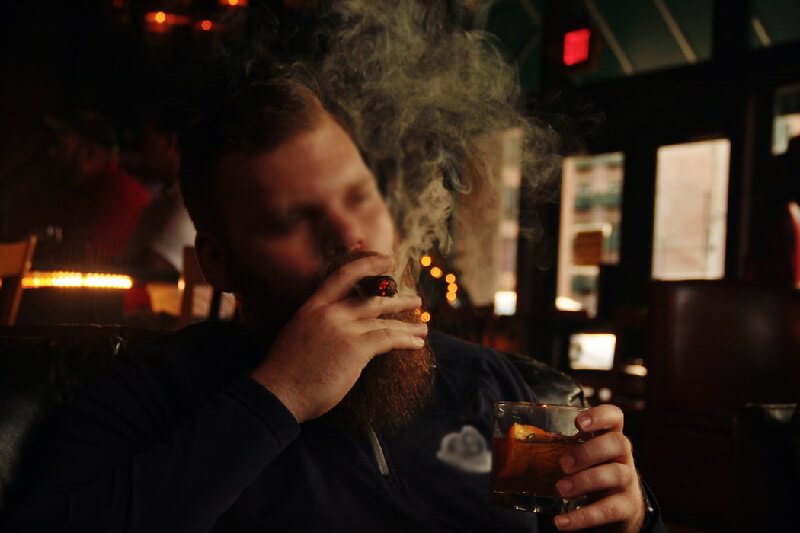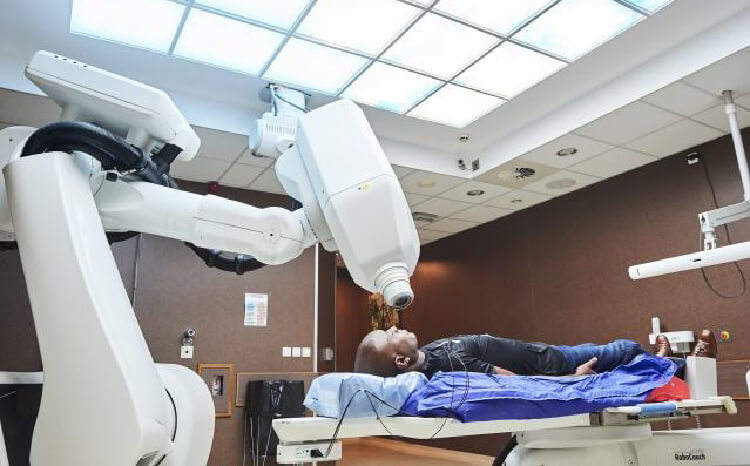Steven Weitzman thinks the story of race and religion in America goes beyond the Black and white binary, a narrative that excludes many Jews of color.
After the racial justice protests that swept the nation last summer, the director of the Herbert D. Katz Center for Advanced Judaic Studies at the University of Pennsylvania decided to create a lecture series to explore the topic.
“I really wanted to push this series beyond the two-dimensional approach that a lot of people bring to the topic, and to really explore many different dimensions of a kind of multiracial justice,” Weitzman said of “Jews, Race, and Religion,” a program he has developed in partnership with the Center for Jewish Ethics.
Free Sign Up
The talks focus on intersections of race and religion, the history of anti-Semitism, the role of Jews in the racialized culture of the United States and the role of race in Jewish identity. The lineup features scholars from all over the country who hail from diverse racial and religious backgrounds.
The program, which features 11 lectures, is offered in conjunction with the academic course Religious Studies/Jewish Studies 207 taught by Weitzman, but is also a stand-alone series open to the public. More than 1,500 viewers registered for the first lecture.
Weitzman said communities across the country were spurred to examine their own role in the fight for racial justice after the killing of George Floyd, and the Jewish community was no exception.
“Being privy to some of the conversations, I thought it would be helpful to learn more about the intersection of race and religion and Jewish identity and how Jews relate to other people within the United States, and how it fits into the larger struggle against racism,” Weitzman said.
The first installment, “Is the Talmud Racist?,” took place on Jan. 28 and featured Rabbi Mira Wasserman, director of the Center for Jewish Ethics and assistant professor of rabbinic literature at Reconstructionist Rabbinical College. Her goal was to challenge both anti-Semitic conceptions of the Talmud as consistently hostile to non-Jews and aspects of the Talmud that perpetuate hateful ideas among Jewish people about different groups.
Wasserman argued the rabbis inherited a diversity of views on the meaning of Jewish identity and on the nature of the boundaries between Jews and non-Jews. In the Book of Ruth, the titular character is a Moabite woman celebrated for converting and dedicating her life to the Jewish people.
“Ruth is revered as the great-grandmother of King David, which makes her an ancestor of Messiah, as well. For the Book of Ruth, boundaries between Jews and others are permeable, and people of non-Jewish backgrounds are not only welcome but embraced and celebrated when they throw their lot in with Israel,” Wasserman said. “The Book of Ezra takes a very different view, railing against Israelite men who married women who are of Moabite or other non-Israelite backgrounds.”
Marc Dollinger, a professor of Jewish studies at San Francisco State University, will present “Black Power, Jewish Politics: Reinventing the Alliance in the 1960s” on Feb 25.
He said the scale and scope of the Black Lives Matter protests are similar to the civil rights movement, but there are key differences in how white liberal Jews perceived racism then and how they perceive it now. Whereas activists in the ’50s and ’60s viewed racism as hateful behavior, segregation and the violence of the Ku Klux Klan, today’s activists are more focused on structural racism, or systems of oppression that benefit some while harming others.
Dollinger said white Jewish leaders actually understood systemic racism during the civil rights movement, although it was not discussed as widely.
“They understood the limits of their own movement. And they understood that there was going to be tension between white Jews and Blacks around racial difference,” he said. “So what we have happening today is really an even deeper and more profound understanding of the fundamental differences based on race when it comes to allocating resources on society, whether it’s education, health care, criminal justice, all of that.”
Viewers can register for the lectures at katz.sas.upenn.edu/resources/blog/jews-race-and-religion.
[email protected]; 215-832-0729














